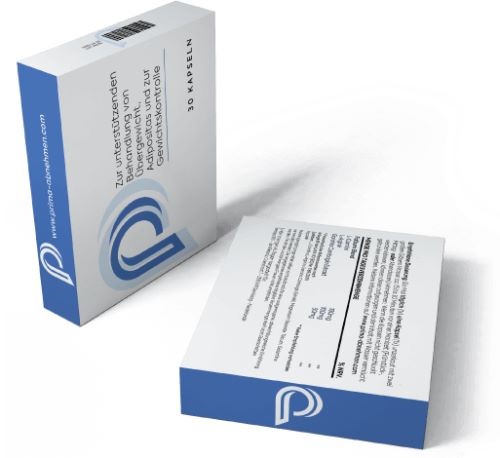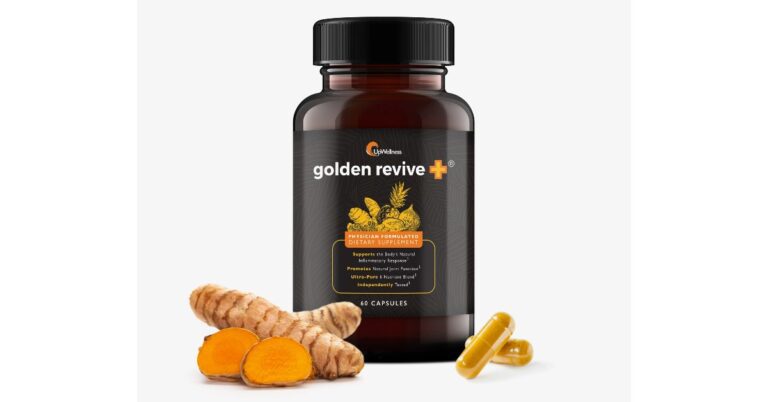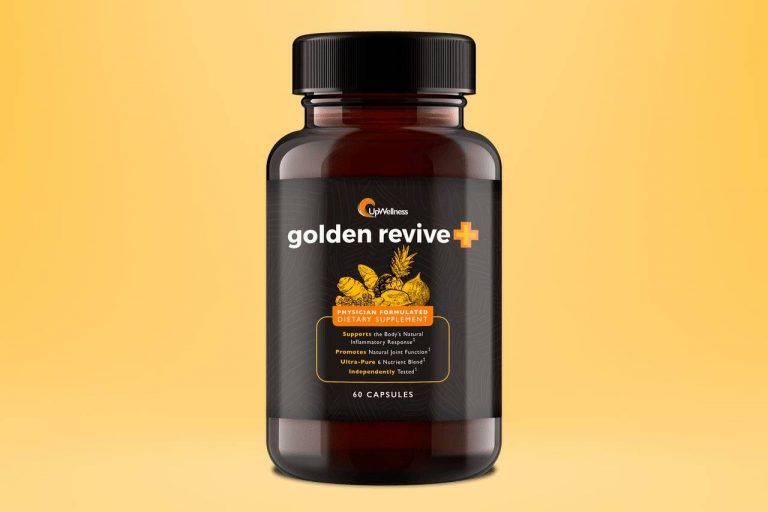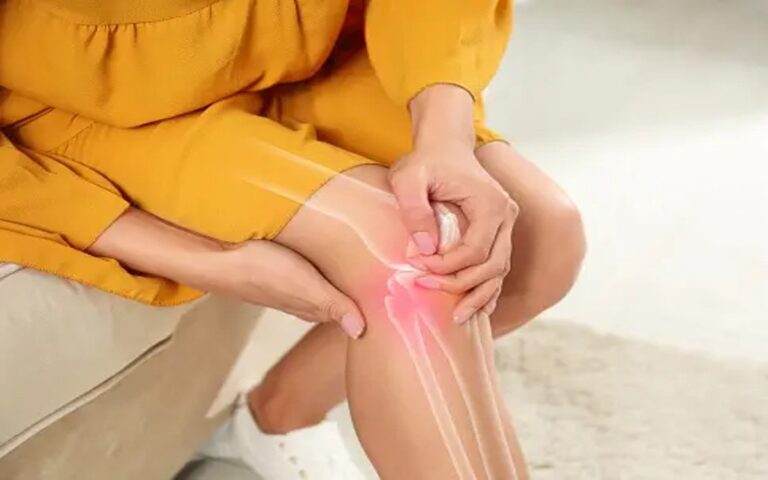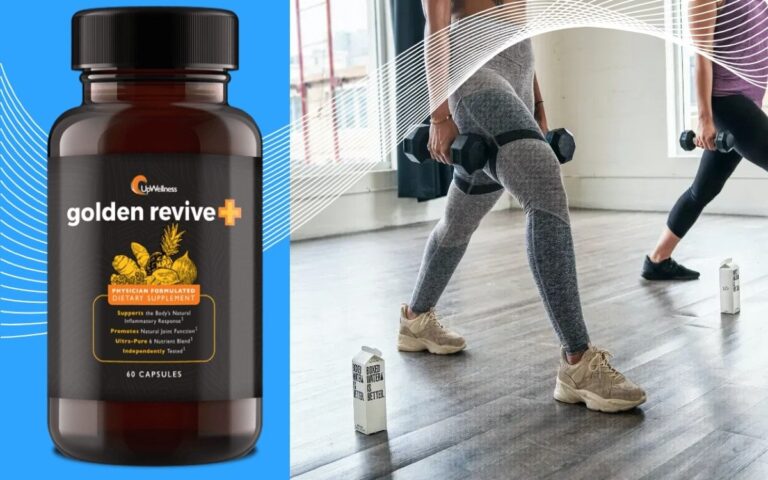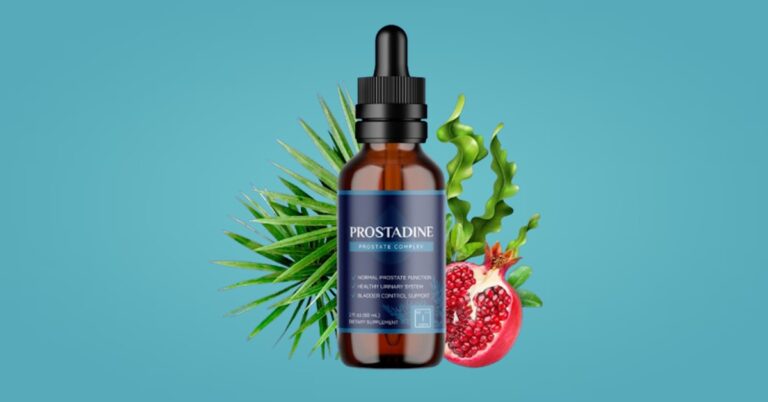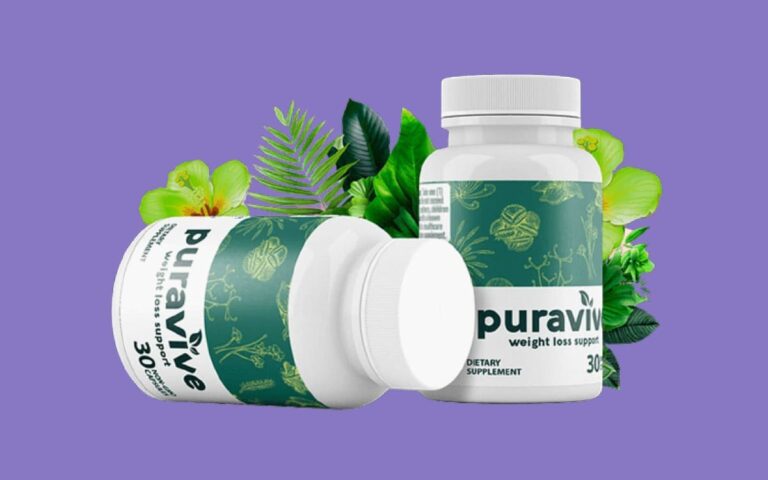The Best Fluffy Pancakes recipe you will fall in love with. Full of tips and tricks to help you make the best pancakes.
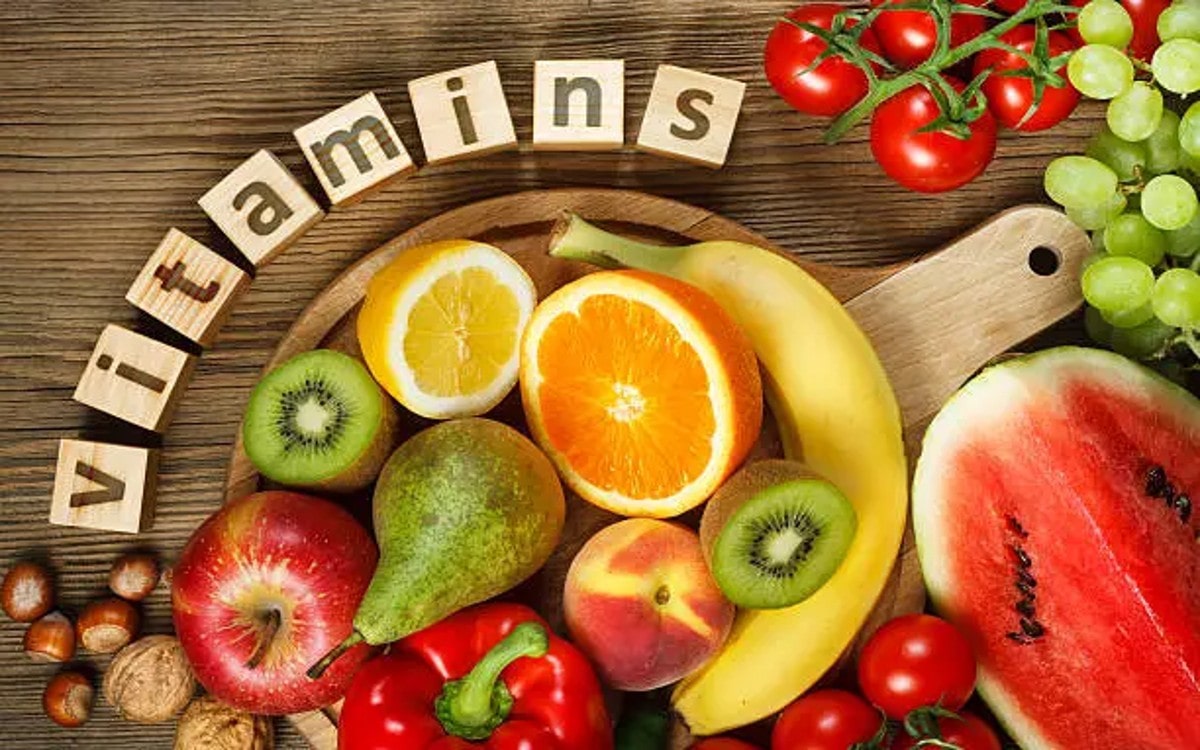
Eyes, often referred to as the windows to the soul, play a pivotal role in our daily lives. Maintaining optimal eye health is essential for a vibrant and fulfilling existence.
This article will explain your question that says “What vitamins are good for your eyes”, we will delve into the world of vitamins and supplements that can significantly contribute to the well-being of your eyes.
We’ll explore the benefits of these essential nutrients, and types of vitamins crucial for eye health, and provide a comprehensive list of the top supplements to support your vision.
Additionally, we’ll uncover the recommended daily intake and the best natural food sources that can help you achieve and maintain crystal clear 20/20 vision.
Definition of Vitamins
Vitamins are organic compounds that are crucial for the normal functioning of our body. They assist in various biochemical processes, ensuring our organs operate optimally.
When it comes to eye health, specific vitamins play a pivotal role in maintaining clear vision and preventing eye-related disorders.
Unlocking Clarity: The 5 Best Eye Vitamins and Supplements of 2023 That Work
Benefits of Vitamins for the Eyes
Ensuring an adequate intake of essential vitamins can yield a myriad of benefits for your eyes, such as:
- Improved Night Vision: Certain vitamins aid in the synthesis of visual pigments, enhancing our ability to see in low-light conditions.
- Reduced Risk of Age-Related Macular Degeneration (AMD): AMD is a common eye condition among older adults. Vitamins with antioxidant properties can help protect against its onset.
- Prevention of Cataracts: Cataracts cloud the eye’s lens, leading to blurred vision. Vitamins can help deter the development of cataracts.
- Alleviation of Dry Eyes: Dry eyes can cause discomfort and hinder clear vision. Specific vitamins for your eyes play a crucial role in maintaining proper tear production.
Types of Vitamins for Eye Health
Several vitamins contribute significantly to maintaining optimal eye health:
- Vitamin A: This vitamin is renowned for its role in supporting good vision, especially in low-light conditions. It aids in the production of rhodopsin, a pigment in the retina.
- Vitamin C: As a powerful antioxidant, vitamin C helps combat oxidative stress in the eye, reducing the risk of cataracts and age-related macular degeneration.
- Vitamin E: Another potent antioxidant, vitamin E, protects cells from damage caused by free radicals, supporting overall eye health.
- Zinc: While not a vitamin, zinc is a crucial mineral that plays a vital role in maintaining the health of the retina and may help prevent age-related macular degeneration.
- Omega-3 Fatty Acids: These essential fatty acids contribute to overall eye health, particularly in reducing dry eye symptoms and supporting tear production.
What Vitamins Are Good for Your Eyes? 6 Best Vitamins and Supplements for Eye Health
Maintaining optimal eye health is crucial for overall well-being. Alongside a balanced diet, certain vitamins and supplements play a pivotal role in supporting and preserving good vision. Here are the six best vitamins and supplements for eye health:
1. Vitamin A
Role: Essential for good vision, especially in low-light conditions. It aids in the production of rhodopsin, a pigment in the retina.
Sources: Sweet potatoes, carrots, spinach, kale, and liver.
2. Vitamin C
Role: A potent antioxidant that protects the eyes from free radical damage. It is crucial for maintaining healthy blood vessels in the eyes.
Sources: Citrus fruits (like oranges and grapefruits), strawberries, bell peppers, and broccoli.
3. Vitamin E
Role: Another powerful antioxidant, vitamin E protects cells from damage caused by free radicals, supporting overall eye health.
Sources: Nuts (especially almonds), seeds, spinach, and sunflower oil.
4. Zinc
Role: While not a vitamin, zinc is a crucial mineral that plays a vital role in maintaining the health of the retina. It may help prevent age-related macular degeneration.
Sources: Lean meats, poultry, nuts, dairy products, and whole grains.
5. Lutein and Zeaxanthin
Role: These carotenoids are found in high concentrations in the retina. They are essential for maintaining clear vision and protecting the eyes from harmful high-energy light waves like ultraviolet rays.
Sources: Kale, spinach, corn, eggs, and other green leafy vegetables.
6. Omega-3 Fatty Acids
Role: These essential fatty acids contribute to overall eye health, particularly in reducing dry eye symptoms and supporting tear production.
Sources: Fatty fish like salmon, mackerel, and trout, as well as flaxseeds and walnuts.
These vitamins and supplements can significantly contribute to maintaining good eye health. However, it’s important to remember that they work best in conjunction with a balanced diet and a healthy lifestyle.
Before starting any new supplement regimen, it’s advisable to consult with a healthcare professional, especially for individuals with existing health conditions or those taking medications.
With the right nutrients and proper care, you can pave the way for a future with a vibrant and clear vision.
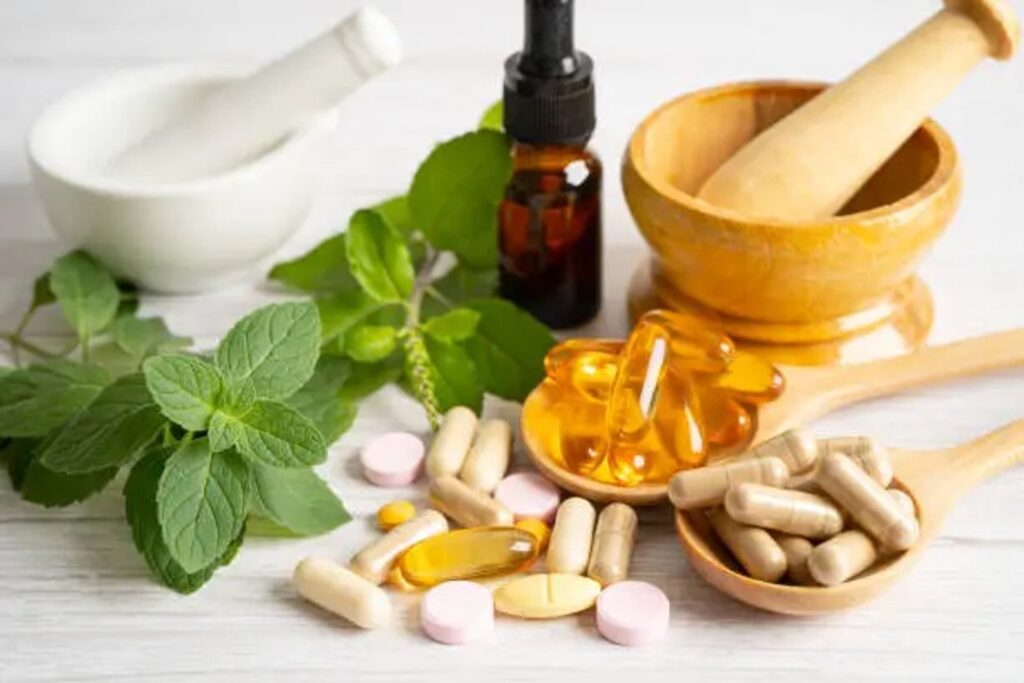
Vitamins That Are Good for Eye Care
Now, let’s delve into the specifics of the best vitamins for eye health and supplements that promote optimal eye health:
- Vitamin A: Found abundantly in foods like carrots, sweet potatoes, and spinach, Vitamin A is a cornerstone for good vision.
- Vitamin C: Citrus fruits, strawberries, and bell peppers are excellent sources of this crucial vitamin.
- Vitamin E: Almonds, sunflower seeds, and spinach are rich in vitamin E, ensuring the protection of your eye cells.
- Zinc: Incorporate foods like lean meats, nuts, and dairy into your diet to maintain healthy retinas.
- Omega-3 Fatty Acids: Fatty fish such as salmon, mackerel, and flaxseeds provide an abundant supply of omega-3s, aiding in the reduction of dry eye symptoms.
Recommended Daily Intake of Vitamins for Eye Health – vitamin C and vitamin E
To reap the benefits of these important vitamins for eye health, it’s crucial to maintain an appropriate daily intake:
- Vitamin A: 700-900 mcg per day for adult men and women.
- Vitamin C: 75-90 mg per day for adult men and women.
- Vitamin E: 15 mg per day for adult men and women.
- Zinc: 11 mg per day for adult men, and 8 mg per day for adult women.
- Omega-3 Fatty Acids: 250-500 mg per day of EPA and DHA combined.
Best Food Sources of Vitamins for Eye Health
A well-balanced diet rich in the following foods can significantly contribute to maintaining optimal eye health:
- Carrots, sweet potatoes, and spinach for Vitamin A.
- Citrus fruits, strawberries, and bell peppers for Vitamin C.
- Almonds, sunflower seeds, and spinach for Vitamin E.
- Lean meats, nuts, and dairy for Zinc.
- Fatty fish like salmon, mackerel, and flaxseeds for Omega-3 Fatty Acids.
Eyes as a Critical Organ
In conclusion, our eyes are not only windows to the world but also vital components of our overall well-being.
Nourishing them with the right vitamins and supplements can lead to a lifetime of clear, healthy vision. With the right knowledge and lifestyle choices, you can ensure that your eyes continue to serve you just as Mother Nature intended – with a crystal clear 20/20 vision.
Remember, if you’re looking for a natural blend that targets the real cause of your eyesight loss and aids in 100% recovery of your vision, consider VisiPrime.
It’s an all-natural product designed to support and repair the eye, giving you the vision you were meant to have.
Invest in your vision today, and embark on a journey towards a brighter, clearer future!
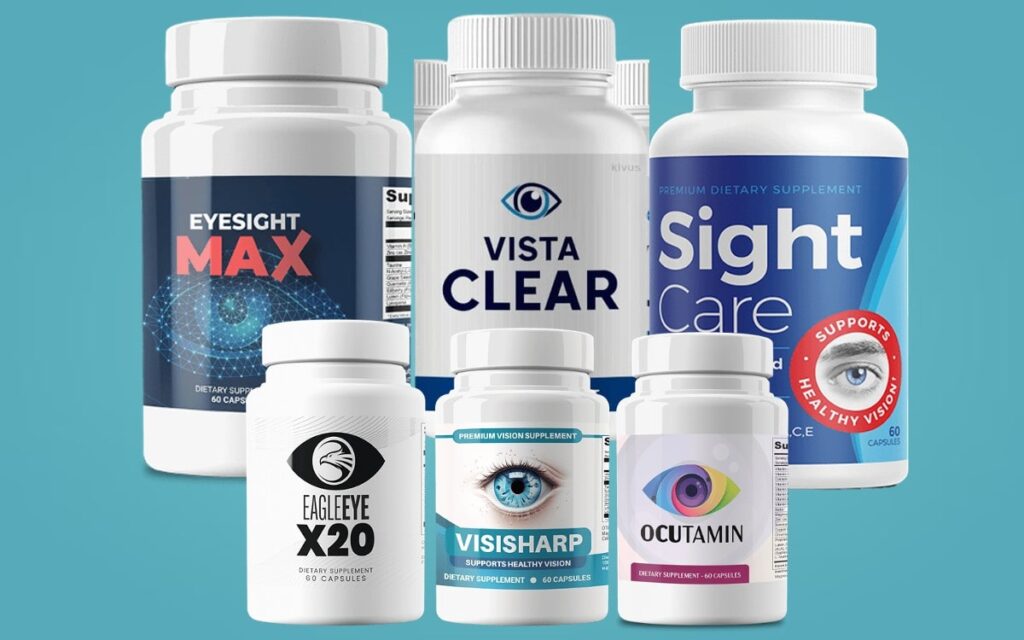
5 Top Best Vitamins for Eye Health And Supplements for Optimal Vision
Maintaining optimal eye health is a critical aspect of overall well-being. In addition to a balanced diet rich in essential vitamins and nutrients, incorporating specialized eye supplements can provide an extra boost to your vision.
Unlocking Clarity: The 5 Best vitamin required for maintaining good eyesight That Work
Here, we’ll explore the five best eye supplements, each uniquely formulated to support and enhance your eye health.
1. VisiSharp Eye Supplement
- Key Ingredients: VisiSharp contains a powerful blend of antioxidants, vitamins, and minerals including Vitamin A, Zinc, and Lutein. These ingredients work synergistically to protect the retina and improve visual acuity.
- Benefits:
- Enhances night vision.
- Supports overall eye health.
- Aids in reducing the risk of age-related vision issues.
2. Eagle Eye X20 Supplement
- Key Ingredients: Eagle eye x20 supplement boasts a potent mix of Bilberry extract, Lutein, and Omega-3 Fatty Acids. Bilberry is rich in antioxidants, while Lutein and Omega-3s contribute to retinal health.
- Benefits:
- Enhances visual clarity and sharpness.
- Provides protection against oxidative stress.
- Supports retinal function and health.
3. Ocutamin Eye Supplement
- Key Ingredients: Ocutamin is fortified with Vitamin C, Vitamin E, and Zinc, all known for their powerful antioxidant properties. These elements help combat free radical damage in the eyes.
- Benefits:
- Aids in preventing cataracts and age-related macular degeneration.
- Supports the overall health of eye tissues.
- Reduces the risk of vision deterioration.
4. Eyesight Max Eye Supplement
- Key Ingredients: Eyesight Max incorporates a unique blend of Grape Seed Extract, Quercetin, and Lutein. These ingredients work together to improve blood flow to the eyes and protect against oxidative stress.
- Benefits:
- Enhances blood circulation to the eyes.
- Protects against cellular damage caused by free radicals.
- Supports healthy retinal function.
5. Sight Care Eye Supplement
- Key Ingredients: Sight Care combines essential nutrients such as Vitamin A, Vitamin C, and Zinc with botanicals like Bilberry and Gingko Biloba. This synergistic blend provides comprehensive support for eye health.
- Benefits:
- Aids in preventing vision loss due to age-related conditions.
- Supports healthy blood vessels in the eyes.
- Enhances overall visual function.
Prevention and Maintenance of Eye Health
Aside from incorporating these powerful eye supplements into your routine, it’s crucial to adopt certain practices for the long-term preservation of your vision:
- Maintain a Balanced Diet: Consume a variety of fruits, vegetables, and omega-3-rich foods to provide your eyes with essential nutrients for eye health.
- Protect Your Eyes from UV Rays: Wear sunglasses that block harmful UV rays to safeguard your eyes from potential damage.
- Avoid Smoking: Smoking is linked to an increased risk of cataracts and macular degeneration. Quitting or avoiding smoking altogether can significantly benefit your eye health.
- Maintain a Healthy Lifestyle: Regular exercise and proper management of chronic conditions like diabetes can positively impact your eye health.
Importance of Regular Eye Examinations
Routine eye check-ups are paramount in detecting and addressing potential vision issues early on.
Even if you currently have no noticeable problems with your vision, regular examinations can identify underlying conditions that may not yet be symptomatic.
Clear Crystal Vision: The 5 Best eye vitamins for macular degeneration That Work
Age-Related Eye Disease
Age-related eye diseases are a group of conditions that become more prevalent as individuals grow older. These diseases primarily affect the eyes and can lead to varying degrees of vision impairment or even blindness if left untreated. The most common age-related eye diseases include:
- Age-Related Macular Degeneration (AMD): This is a progressive condition that affects the macula, the central part of the retina responsible for sharp, central vision. It is a leading cause of vision loss in people over 50.
- Cataracts: Cataracts involve the clouding of the eye’s lens, leading to blurred or hazy vision. It’s a common condition in older adults and can significantly impact daily activities.
- Glaucoma: Glaucoma encompasses a group of eye conditions that damage the optic nerve, often due to increased pressure within the eye. It can lead to vision loss or blindness if not managed effectively.
- Diabetic Retinopathy: This condition occurs in individuals with diabetes and is caused by damage to the blood vessels in the retina. It can lead to vision impairment or blindness if not properly controlled.
- Dry Eye Syndrome: While not a disease in the traditional sense, dry eye becomes more prevalent with age. It involves a reduction in tear production or poor quality of tears, leading to discomfort and vision problems.
- Retinal Detachment: This occurs when the retina pulls away from the underlying tissue, which can lead to permanent vision loss if not promptly addressed.
- Floaters and Flashes: While not a disease itself, the occurrence of floaters (small specks or clouds moving in the field of vision) and flashes of light can be indicative of retinal issues, which become more common with age.
According to age-related eye disease studies It’s important to note that early detection and timely intervention are crucial in managing age-related eye diseases.
Regular eye examinations, especially as individuals age, are essential for the early identification and treatment of these conditions.
Additionally, adopting a healthy lifestyle, including a balanced diet rich in eye-healthy nutrients, protecting the eyes from UV radiation, and avoiding smoking, can contribute to maintaining good eye health as one grows older which helps prevent dry eye disease.
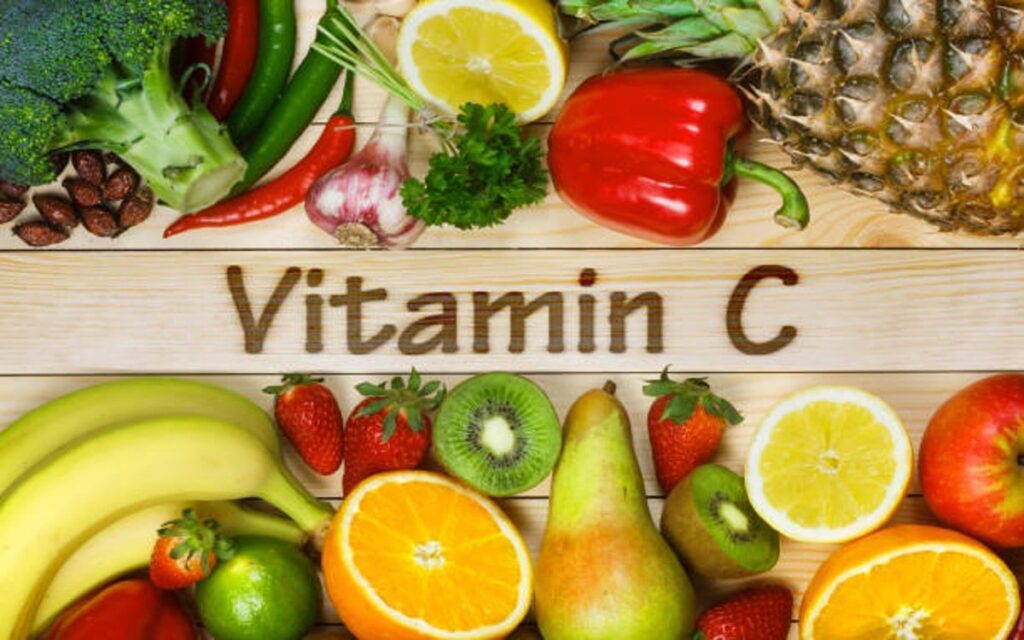
Types of Nutrients Relevant to Eye Health
Apart from the specialized supplements mentioned earlier, there are several key nutrients in best vitamins and supplements that play a crucial role in maintaining optimal eye health:
- Vitamin A: Essential for good vision, especially in low-light conditions.
- Vitamin C and E: Powerful antioxidants that help protect the eyes from free radical damage.
- Zinc: Supports the health of the retina and may help prevent age-related macular degeneration.
- Lutein and Zeaxanthin: These carotenoids are found in high concentrations in the retina and are essential for maintaining clear vision.
Incorporating these nutrients into your diet, along with the recommended eye supplements, can significantly contribute to the long-term health and vitality of your eyes.
Remember, taking proactive steps towards maintaining good eye health today can lead to a brighter and clearer future.
Sources of Nutrients for the Eyes and Omega-3 Fatty Acids
Maintaining a diet rich in nutrients essential for eye health is crucial for ensuring optimal vision. Here are some excellent natural sources of key nutrients for your eyes:
- Vitamin A: Found in abundance in foods like sweet potatoes, carrots, kale, and spinach.
- Vitamin C: Citrus fruits like oranges, strawberries, and bell peppers are excellent sources.
- Vitamin E: Nuts, seeds, and leafy greens are rich in this essential antioxidant.
- Zinc: Lean meats, poultry, nuts, and dairy products are good dietary sources.
- Lutein and Zeaxanthin: These can be found in foods like kale, spinach, corn, and egg yolks.
- Omega-3 Fatty Acids: Fatty fish like salmon, mackerel, and flaxseeds are excellent sources.
Effects of Nutrient Deficiencies on Eye Health
A deficiency in key nutrients can have detrimental effects on your eye health:
- Vitamin A Deficiency: This can lead to night blindness, dry eyes, and in severe cases, corneal ulcers.
- Vitamin C Deficiency: This may lead to cataracts, as Vitamin C is crucial for collagen production in the eyes.
- Vitamin E Deficiency: This could result in retinal damage and vision impairment.
- Zinc Deficiency: This can lead to poor night vision and difficulty adapting to darkness.
- Lutein and Zeaxanthin Deficiency: Associated with a higher risk of age-related macular degeneration.
- Omega-3 Fatty Acid Deficiency: May lead to dry eyes and reduced visual acuity.
Supplementation for Nutrient Deficiencies
In cases where it’s challenging to meet nutrient requirements through diet alone, supplementation can be beneficial.
High-quality eye supplements like VisiSharp, Eagle Eye x20, and Ocutamin are formulated to provide essential nutrients crucial for maintaining optimal eye health.
Nourishing Your Vision: Understanding Vitamins and Eye Health
Definition of Vitamins
Vitamins are essential organic compounds that our bodies require in small amounts to maintain normal physiological functions.
They play a crucial role in various biochemical processes and are vital for overall health and well-being.
Benefits of Vitamins for the Eyes
Vitamins are instrumental in promoting optimal eye health. They offer a range of benefits including improved night vision, reduced risk of age-related macular degeneration (AMD), prevention of cataracts, and alleviation of dry eyes.
These benefits collectively contribute to maintaining a clear and sharp vision.
Types of Vitamins for Eye Health
Several types of vitamins are particularly significant for supporting eye health. These include Vitamin A, Vitamin C, Vitamin E, Zinc, and Omega-3 Fatty Acids.
Each of these vitamins and minerals for the eye serves a unique role in preserving the health of our eyes.
Recommended Daily Intake of Vitamins for Eye Health
To ensure proper eye health, it’s crucial to meet the recommended daily intake of essential vitamins.
The recommended intake varies for each vitamin. For example, adult men and women should aim for 700-900 mcg of Vitamin A per day, 75-90 mg of Vitamin C, and 15 mg of Vitamin E.
Best Food Sources of Vitamins for Eye Health
A balanced diet incorporating various foods can provide the essential vitamins necessary for eye health.
Sweet potatoes, citrus fruits, nuts, seeds, leafy greens, and fatty fish like salmon are excellent natural sources of these vital nutrients.
Eyes as a Critical Organ
The eyes are among the most critical organs in our body, serving as our primary sensory organ for vision. They enable us to perceive the world around us, making them integral to our daily lives and overall well-being.
Prevention and Maintenance of Eye Health
Maintaining good eye health requires a proactive approach. This includes protecting your eyes from harmful UV rays, avoiding smoking, incorporating regular exercise into your routine, and getting routine eye examinations.
Role of Vitamins in Supporting Eye Health
Vitamin and mineral supplements play a significant role in supporting eye health. They contribute to the production of crucial pigments, protect cells from damage caused by free radicals, and maintain healthy retinas, among other functions.
Factors Affecting Eye Health
Various factors can impact eye health. These include age, genetics, exposure to UV rays, smoking, and underlying health conditions like diabetes.
Being aware of these factors allows for proactive measures to maintain optimal eye health.
Importance of Regular Eye Examinations
Regular eye examinations are critical for detecting and addressing potential vision issues early on.
Even if you do not currently experience vision problems, routine check-ups can identify underlying conditions that may not yet be symptomatic.
Types of Nutrients Relevant to Eye Health
In addition to vitamins, other nutrients are relevant to maintaining optimal eye health as well as improving your eye health. These include lutein, zeaxanthin, and Omega-3 Fatty Acids, which play specific roles in supporting the health of the eyes.
Sources of Nutrients for the Eyes
Incorporating a variety of foods into your diet can provide the essential nutrients needed for eye health.
This includes fruits, vegetables, nuts, seeds, and fatty fish that are rich in the vitamins and other nutrients necessary for maintaining clear vision.
Effects of Nutrient Deficiencies on Eye Health
Deficiencies in essential nutrients can have detrimental effects on eye health.
These deficiencies can lead to conditions like night blindness, cataracts, and age-related macular degeneration, underscoring the importance of a balanced diet and supplementation when necessary.
Supplementation for Nutrient Deficiencies
In cases where meeting nutrient requirements through diet alone is challenging, supplementation can provide a vital boost.
High-quality supplements like VisiSharp and Eagle Eye x20 are tailored to provide the essential nutrients crucial for maintaining optimal eye health.
Always consult a healthcare professional before starting any new supplement regimen.

How can I improve my overall eye health – Supplements for Eye Health?
In addition to a balanced diet and targeted supplementation, here are some additional tips for improving overall eye health:
- Regular Exercise: Physical activity improves blood flow to the eyes, which is essential for maintaining optimal vision.
- Protect Your Eyes: Wear sunglasses that block harmful UV rays and safety glasses when necessary.
- Avoid Smoking: Smoking is a significant risk factor for several eye conditions. Quitting or avoiding smoking can greatly benefit your eye health.
- Limit Screen Time: Take regular breaks when using digital devices to reduce eye strain.
- Get Regular Eye Examinations: Routine check-ups with an eye care professional are crucial for early detection and treatment of potential vision issues.
By incorporating these practices into your lifestyle, you can proactively work towards maintaining optimal eye health for years to come.
The Best Eye Supplements of 2023
Maintaining optimal eye health is a priority for individuals seeking to preserve their vision for years to come.
In addition to a balanced diet rich in essential nutrients, eye supplements can provide an extra layer of support. So, what is the best eye vitamin supplement for your specific needs?
Let’s delve into the key vitamins crucial for maintaining good eyesight and explore the best eye supplements 2023 has to offer, including those tailored for conditions like macular degeneration and dry eyes.
Which Vitamin Is Required for Maintaining Good Eyesight?
Vitamin A, without a doubt, takes the spotlight when it comes to maintaining good eyesight.
This essential vitamin aids in the production of rhodopsin, a pigment in the retina that supports vision, especially in low-light conditions.
Incorporating foods rich in Vitamin A, such as sweet potatoes and spinach, is a step towards ensuring your eyes receive this vital nutrient.
Best Eye Supplements 2023
As we step into 2023, let’s explore the cream of the crop when it comes to eye supplements:
1. VisiSharp Eye Supplement
VisiSharp stands out as one of the best eye supplements of 2023, carefully crafted to support overall eye health.
With a potent blend of antioxidants, including key vitamins like A, C, and E, VisiSharp aids in reducing the risk of age-related macular degeneration and cataracts. This supplement is a powerful ally in maintaining crystal clear vision.
2. Eagle Eye x20 Supplement
Eagle Eye x20 is a standout choice for those seeking to preserve their vision. Packed with Bilberry extract, Omega-3 Fatty Acids, and Lutein, this supplement supports retinal health and enhances visual clarity.
With its potent combination of nutrients, it’s a top contender for the best eye supplement of 2023.
3. Ocutamin Eye Supplement
Ocutamin boasts a robust mix of Vitamin C, Vitamin E, and Zinc, providing crucial antioxidants, and supplements for eye health for protecting eye tissues.
This supplement is designed to combat free radical damage, making it an excellent choice for maintaining good eyesight.
4. Eyesight Max Eye Supplement
With a unique blend of Grape Seed Extract, Quercetin, and Lutein, Eyesight Max enhances blood flow to the eyes and protects against oxidative stress.
This supplement is particularly beneficial for those concerned about macular degeneration, making it a top pick for 2023.
5. Sight Care Eye Supplement
Sight Care combines essential nutrients like Vitamin A, C, and Zinc with botanicals like Bilberry and Gingko Biloba.
This comprehensive formula supports healthy blood vessels in the eyes and aids in preventing vision loss due to age-related conditions.
Best Eye Vitamins for Macular Degeneration
For those focusing on macular degeneration, supplements rich in antioxidants are paramount.
Eagle Eye x20 and Eyesight Max, with their powerful combinations of Bilberry extract, Lutein, and Grape Seed Extract, offer targeted support for individuals concerned about this condition.
What Is a Good Vitamin for Dry Eyes?
When it comes to alleviating dry eyes, Omega-3 Fatty Acids take center stage. Found abundantly in fatty fish like salmon and flaxseeds, Omega-3s support tear production and reduce discomfort associated with dry eyes.
What Vitamin Is Good for Your Eyesight?
In addition to Vitamin A, Vitamin C, and E are crucial for maintaining good eyesight which helps keep your eyes healthy. These antioxidants protect eye tissues from free radical damage, supporting overall eye health.
Investing in your eye health is an investment in your overall well-being.
Consider incorporating these top-notch eye supplements into your routine, and remember to consult with a healthcare professional before starting any new supplement regimen.
With the right nutrients and supplements, you can pave the way for a future with a vibrant, clear vision.
FAQs – Frequently Asked Questions
1. What are some foods that contain vitamins beneficial for eye health?
A balanced diet that includes sweet potatoes, spinach, citrus fruits, nuts, seeds, and fatty fish can significantly contribute to maintaining good eye health.
2. Which type of vitamin A is best for maintaining healthy eyes?
Retinol, found in animal products like liver and dairy, is the most bioavailable form of vitamin A and is crucial for maintaining healthy eyes.
3. What are the best eye supplements to take for macular degeneration?
For macular degeneration, supplements rich in antioxidants like Vitamins A, C, and E, along with Lutein, Zeaxanthin, and Omega-3 Fatty Acids are recommended. Products like Eagle Eye x20 and Eyesight Max are tailored for this purpose.
4. What are the benefits of taking Bausch + Lomb’s Eye Vitamin?
Bausch + Lomb’s Eye Vitamin is specially formulated to support overall eye health. It typically contains a combination of essential vitamins and minerals, including those crucial for maintaining clear vision.
5. Are there any multivitamin tablets that specifically support eye health?
Yes, there are multivitamin tablets specifically designed to support eye health. These typically contain a combination of vitamins and minerals known for their positive effects on vision. It’s recommended to consult with a healthcare professional before starting any new supplement regimen.
REFERENCES
Dietary Nutrient Intake and Progression to Late Age-Related Macular Degeneration in the Age-Related Eye Disease Studies 1 and 2
Defining Dry Eye from a Clinical Perspective
Omega‐3 and omega‐6 polyunsaturated fatty acids for dry eye disease
Age-Related Eye Disease Studies (AREDS/AREDS2)
- Dragons Den Weight Loss Gummies UK Reviews – #1 Dragons Den Weight Loss Gummies, Ingredients, Price and Where to Buy -
- Dragons Den UK Weight Loss Pill Reviews Holly Willoughby Weight Loss – UK #1 Slimming Capsule? -
- Weight Loss Pills Dragons Den UK – How Older Women Lose Weight with UK #1 Weight Loss Capsules Safely, Quickly & Effectively -

